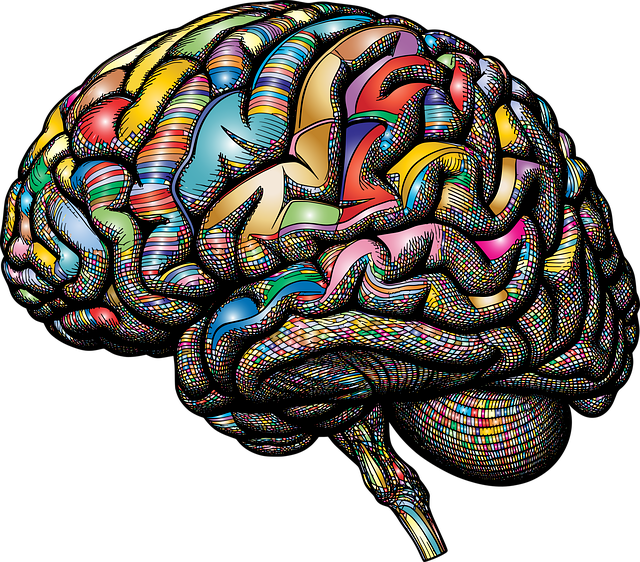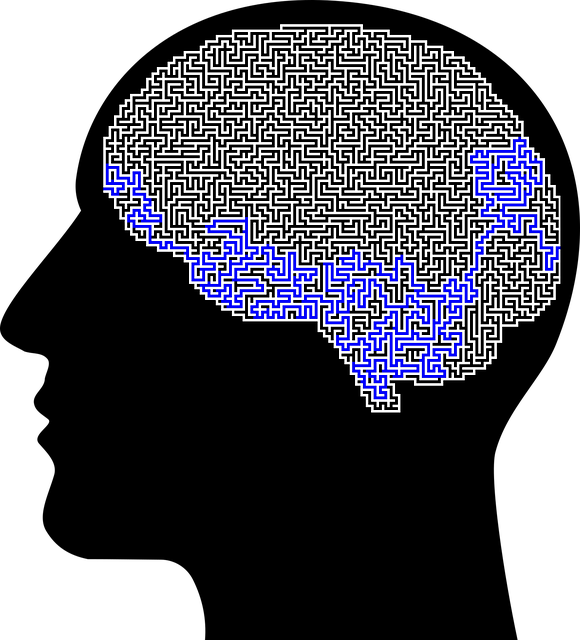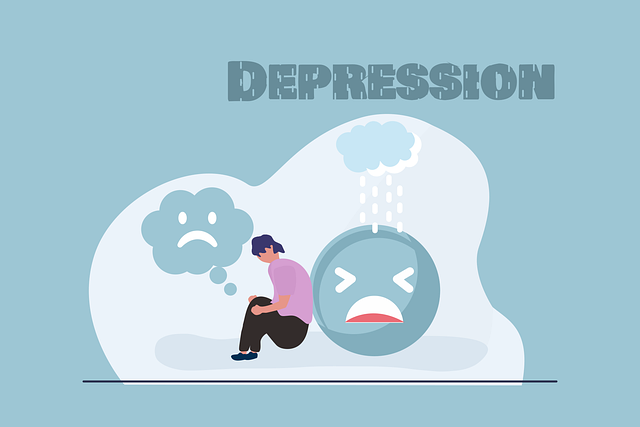Mental wellness involves more than just absence of illness; it's a state of flourishing that impacts daily life and relationships. In today's stressful world, Northglenn Therapy for Therapists-Clinicians provides resources to build resilience, enhance emotional regulation, and foster positive relationships through compassionate cultivation practices. Self-care is crucial for therapists, with stress management strategies like exercise and mindfulness preventing burnout. Identifying personal stressors and creating a personalized self-care routine, including journaling and workshops, promotes mental wellness. Northglenn Therapy offers tailored programs and workshops to empower therapists, improving work-life balance and client connections while advancing professional growth and mental wellness awareness.
In today’s fast-paced world, maintaining mental wellness is paramount, especially for therapists and clinicians who bear the weight of others’ emotional burdens. This article explores the vital role self-care plays in professional wellbeing. We delve into understanding mental wellness and its profound impact on daily life, highlighting the unique needs of therapists.
Learn strategies to identify personal stressors and triggers, and discover how Northglenn Therapy offers effective techniques for crafting a tailored self-care routine, ensuring professionals thrive in their important roles.
- Understanding Mental Wellness and Its Impact on Daily Life
- The Importance of Self-Care for Therapists and Clinicians
- Identifying Personal Stressors and Triggers
- Crafting a Tailored Self-Care Routine
- Northglenn Therapy Techniques for Enhanced Professional Wellbeing
Understanding Mental Wellness and Its Impact on Daily Life

Mental wellness is a vital aspect of overall health, influencing how we navigate our daily lives and interact with the world around us. It encompasses our emotional, psychological, and social well-being, affecting our ability to cope with stress, make choices, and form relationships. Understanding mental wellness involves recognizing that it’s not merely the absence of mental illness but a state of flourishing where individuals can fully engage in life’s opportunities.
In today’s fast-paced society, stress management has become paramount for maintaining mental wellness. Northglenn Therapy for Therapists-Clinicians provides valuable resources and guidance on compassionate cultivation practices to help individuals thrive. By integrating these practices into daily routines, one can build resilience, enhance emotional regulation, and foster positive relationships, ultimately leading to a more fulfilling and balanced life.
The Importance of Self-Care for Therapists and Clinicians

For therapists and clinicians, self-care is not a luxury but an essential practice for maintaining optimal mental wellness and enhancing their ability to support others. In the demanding field of Northglenn Therapy, where professionals are exposed to intense emotional experiences daily, prioritizing self-care becomes crucial. This is especially true given the potential for burnout, which can significantly impact the quality of care provided to clients.
Effective stress management is at the heart of self-care for therapists. Implementing strategies such as regular exercise, mindfulness practices, and engaging in hobbies outside of work can help reduce the toll of emotional labor. Additionally, cultivating cultural sensitivity in mental healthcare practice allows therapists to connect with diverse client populations on a deeper level, fostering stronger therapeutic alliances. Many organizations now offer Stress Management Workshops designed to equip professionals with tools for navigating the challenges of their role while promoting personal well-being.
Identifying Personal Stressors and Triggers

Identifying Personal Stressors and Triggers is a crucial step in developing an effective self-care routine for mental wellness. It involves recognizing the unique factors that contribute to stress, anxiety, or depression in your life. These could be related to work, relationships, financial situations, or health issues. By understanding what triggers your emotional responses, you can start to implement tailored Stress Reduction Methods. For instance, if certain social gatherings cause overwhelming anxiety, a Northglenn Therapy for Therapists-Clinicians might suggest strategies to manage these situations effectively.
This process of self-awareness is enhanced by keeping a journal to track your moods and the events that precede them. Over time, patterns may emerge, helping you anticipate potential triggers. Additionally, participating in Stress Management Workshops Organization can provide valuable insights and tools for navigating stressors. Remember, Depression Prevention isn’t just about managing symptoms; it’s about proactive self-care that fosters resilience and emotional well-being.
Crafting a Tailored Self-Care Routine

Creating a self-care routine that’s right for you is like crafting a unique recipe—it requires an understanding of your personal needs and preferences. Just as a therapist or clinician would tailor therapy sessions to their client, so too should your self-care be personalized. Start by identifying areas in your life where stress or anxiety may be prevalent, such as work or relationships. Then, consider what activities bring you peace and joy—is it nature walks, painting, meditation, or spending time with pets? Incorporate these into a daily or weekly practice. For instance, Northglenn Therapy for Therapists-Clinicians offers guidance on stress management techniques through workshops and exercises designed to help professionals develop their own mental wellness routines. Keeping a Mental Wellness Journaling Exercise can also be beneficial, allowing you to reflect on your day and identify patterns of stress and the coping mechanisms that work best for you.
Northglenn Therapy Techniques for Enhanced Professional Wellbeing

Northglenn Therapy offers a unique and comprehensive approach to enhancing professional well-being for therapists and clinicians. In today’s demanding mental health field, prioritizing self-care is not just recommended—it’s essential. Northglenn’s tailored techniques focus on the holistic development of therapists, ensuring they can provide optimal care while maintaining their own mental wellness.
The center encourages a culture of self-awareness and resilience through various programs and workshops designed to support both professional growth and personal well-being. By participating in these initiatives, therapists can better manage stress, improve work-life balance, and enhance their ability to connect with clients. Ultimately, this benefits not only the therapist but also contributes to the overall success of public awareness campaigns related to mental wellness and the development of effective self-care practices.
Developing a robust mental wellness self-care routine is essential for therapists and clinicians, as it enhances their professional wellbeing and enables them to provide optimal care. By understanding mental wellness, identifying personal stressors, and tailoring self-care practices, Northglenn Therapy offers effective techniques to navigate the challenges of the job. Embracing these strategies can revolutionize their daily lives, fostering a harmonious balance between work and personal growth.










